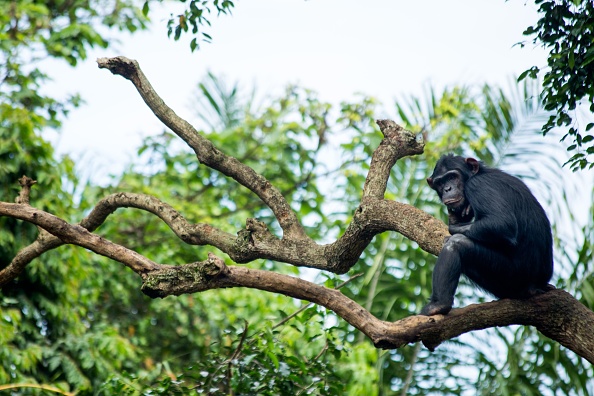Edward O. Wilson is arguably one of the most prolific writers that nature has ever witnessed. A two-time Pulitzer winner and with more than 30 books published, Wilson’s new book, Genesis: The Deep Origin of Societies, is another celebration on nature’s mystery. Now 90 years old, Wilson puts on paper the evolutive process in our societies and takes us back to our origins. How did altruism contribute? How do other animals and species related in this evolutive aspect? Wilson’s little book takes us through a short ride through these questions.
Edward O. Wilson and the Search for the Origin of Societies
Looking for Answers
While we appreciate Charles Darwin’s grand theory of evolution, we always wonder, how did we evolve into fully-formed societies? For Wilson, you don’t have to look further than Darwin. Evolutionary biology, as he explains, and other fields like anthropology, psychology, paleontology, and neuroscience, hold the key to unlocking such philosophical questions. From then on, Wilson takes us to the basic tenants of evolution; first on invertebrates, and finally primates.
Now, for a former student of the neurosciences, my knowledge of evolutionary biology is shaky. I know the necessary, but I’m no expert. I rely upon scientists like Edward O. Wilson and his new nemesis, Richard Dawkins, to acquire the knowledge that I need to understand Darwin’s big theory. In Wilson’s new book, the Havard biologist demonstrates his beautiful prose and splendid clear writing in his quest to take us from the complicated journey of evolution through the formation of societies.
Wilson does an incredible job of making sure that each word counts. In this relatively short book, he takes charge of the origins of societies from a cellular beginning to fully formed organism. He makes us think on the highly complex interactions of small birds and the way in which they hunt and defend their territory, the ingenious groupings of anchovies (banks) when decreasing the risk of being eaten, and the intellectual ways of dolphins when they are being hunted.
But, Wilson’s main point in Genesis is the formation of eusociality and evolutive contributions for our current social structures. He describes, “[eusosciality] in which the colony is divided into a ‘royal’ caste specialized for reproduction, and a nonreproductive ‘worker’ caste that performs the labor of the colony.” He then adds, “eusociality may be a relatively rare condition in evolution, but it has resulted in the most advanced levels of individual altruism and social complexity.”
Eusociality in the Animal Kingdom
Is in these chapters on eusociality that Wilson’s bulk of knowledge and writing take life on its own. He described the prehistoric rarity of eusociality and how is more of a recent phenomenon. He takes us into the life of wasps, ants, termites, beetles, and other invertebrates to show how this aspect of evolution really contributed to societies. He concludes nicely, following the words of fellow biologist David Sloan Wilson and, in part, taking a shot against the selfish gene that Dawkins boasts by stating, “within groups, selfish individuals win against altruists, but groups of altruists beat groups of selfish individuals.”
Wilson then takes us to our ancestor, the genus homo. He adds that fire and eating cooked meat might have contributed to the evolution of societies. Moreover, the evolution of our brains, from 900 cubic centimeters in Homo habilis to 1400 cc in Homo sapiens, may have also played a role in the formation. Wilson brings to life how we compare our evolution to the evolution of our cousin, the chimp. He gives us the example of the infamous case of chimpanzees in Uganda’s Kibale National Park. In it, the chimpanzees exhibit a war-like mentality in their formation of groups and small societies. They kill the lone males, spare the females and eat the baby chimps of females from other groups. This behavior, lead the chimps to acquire more territory while maintaining some form of eusociality.
Last Word on the Origins of Societies
What all of this has to do with the origins of societies? Wilson’s tale doesn’t give us a specific answer, but it does give us some clues. The recent advantage of eusociality, altruism, and the similar behaviors of chimpanzees and even invertebrates to our own kind are the biggest examples of how this is an evolutionary capacity that we now have mastered. Edward O. Wilson’s short book is an excellent reading when traveling and wondering on how complex societies originated and how the animal kingdom has acquired such advantages. It doesn’t answer the big questions, but it gives us a good place to start.

